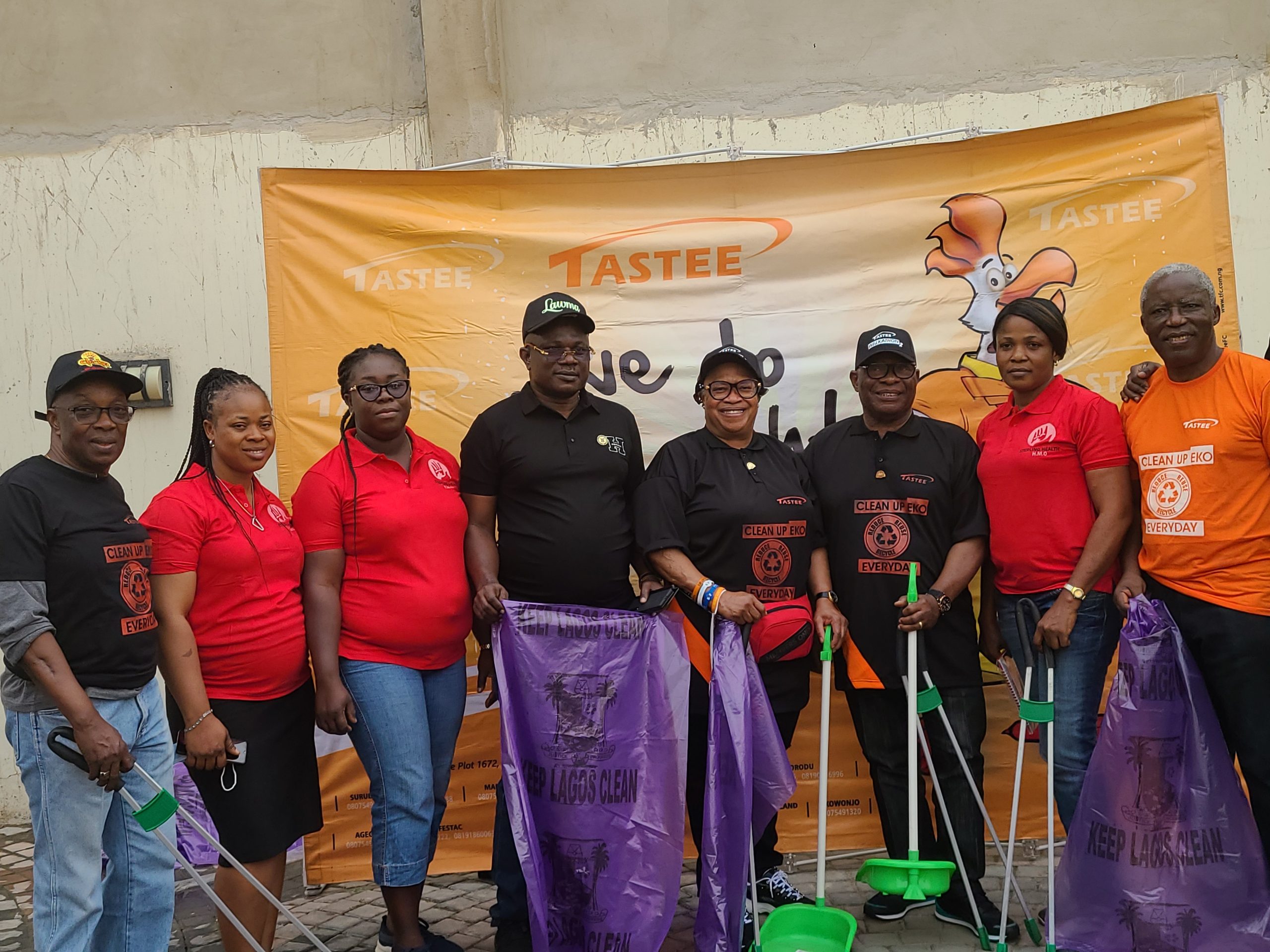In today’s world, where success measures and AI drive everything, marketing isn’t just for those who rely on gut feelings and a sense of aesthetics. It’s a war driven by data. The brands that habitually use data not only for reporting, but also as a creative and strategic edge, will win.
But what does it really mean to have a strong data culture? It’s not enough to simply have reports and reviews of work. Data knowledge, access, innovation, and responsibility need to be built into the daily work of marketers, creatives, and brand managers.
Let’s break it down.
Data Is Now a Creative Partner
Data used to reside in the corner office and was only viewed every three months to check KPIs. However, these days, the best efforts begin with data right from the start.
Take Netflix, for example. Their marketing doesn’t just show what’s popular; it actively creates it. They use viewing data to choose thumbnails, change teasers, and place shows in different regions. Their insights shape translation plans that make a single show feel like it was made just for each country.
Consider Spotify Wrapped, a promotion that leverages user data to transform personal information into public authority. Behavioral analytics alone drive this celebration of individuality.
In neither case does data kill imagination; it lets it run free.
Marketing Without Data is Just Guesswork
“We know our audience” isn’t enough anymore, especially when markets shift overnight and attention spans shrink. Without data to back it, gut feeling becomes a gamble.
The Real Beauty ad by Dove didn’t just happen. It came about because studies questioned old ideas about beauty and showed that people were ready for something more real. Heineken carefully avoided sending tone-deaf messages with its “The Closer” ad. It used social listening and opinion testing, which shows that smart data use can protect brand ethics before any blowback occurs.
Personalization Demands Precision
Customers today want marketing that truly knows them, not just superficially.
Amazon exemplifies this at its best. Your site changes based on your actions, your emails derive from perceived needs, and its suggestions constantly evolve. It’s not magic that allows for that level of customization—to make drops more personal, plan local events, and release special collections for very interested customers.
If brands don’t differentiate, they might get lost in the general scroll.
READ ALSO: AI-powered creativity or creative crisis?
Without Real-Time Insight, Brands Miss the Moment
It’s true that marketing and culture move at the same speed.
Pepsi’s 2017 Kendall Jenner ad went viral for the wrong reasons, clearly showing how removed some creative processes can be from real-time public sentiment. On the other hand, brands like Rihanna’s Fenty or Ben & Jerry’s use feedback loops and culture monitoring to stay in touch with real life.
Listening before launching is no longer optional; it’s essential.
Make Data Everyone’s Business
Often, data remains in separate places, confined to researchers, product managers, or leaders. But brands that are ahead of the curve empower their designers, marketers, copywriters, and brand heads with the information they need, when they need it.
Airbnb’s private tool “AirPal” allows non-tech-savvy workers to examine data independently. This way, creatives can test their ideas, product teams can spot early trends, and campaigns can be changed immediately instead of having to wait weeks for reports.
This is what happens when speed and planning meet.
Culture Beats Dashboards Every Time
Even if a company has the best analytics setup, it will still make poor choices if teams don’t believe in, understand, or act on the data.
That’s why Adobe and Coca-Cola invest significantly in training, rewards, and encouraging their people to use data. People, not tools, initiate a data culture. This means giving people reasons to be curious, allowing them to try new things, and letting them fail.
When everyone in a brand owns the data instead of being afraid of it, the work becomes braver and better.
Building a Culture, Not Just a Tech Stack
This trend is becoming apparent in Nigerian agencies and businesses. From finance companies like PiggyVest and Kuda, who leverage behavioral insights to generate accessible narratives, to Glo and MTN, which are already mining campaign data to adapt regional strategy, the evidence is clear: a strong data culture results in sharper messages, better targeting, and deeper engagement.
In the end, data cannot replace imagination. It refines it. It tests biases, verifies intuition, and scales concepts.
Because in a world where everyone has access to the same resources, how you utilize your data might be the difference between a one-hit campaign and a lasting brand.
ALSO WATCH: MARKETING EDGE ONTV







Comment
No comments found.